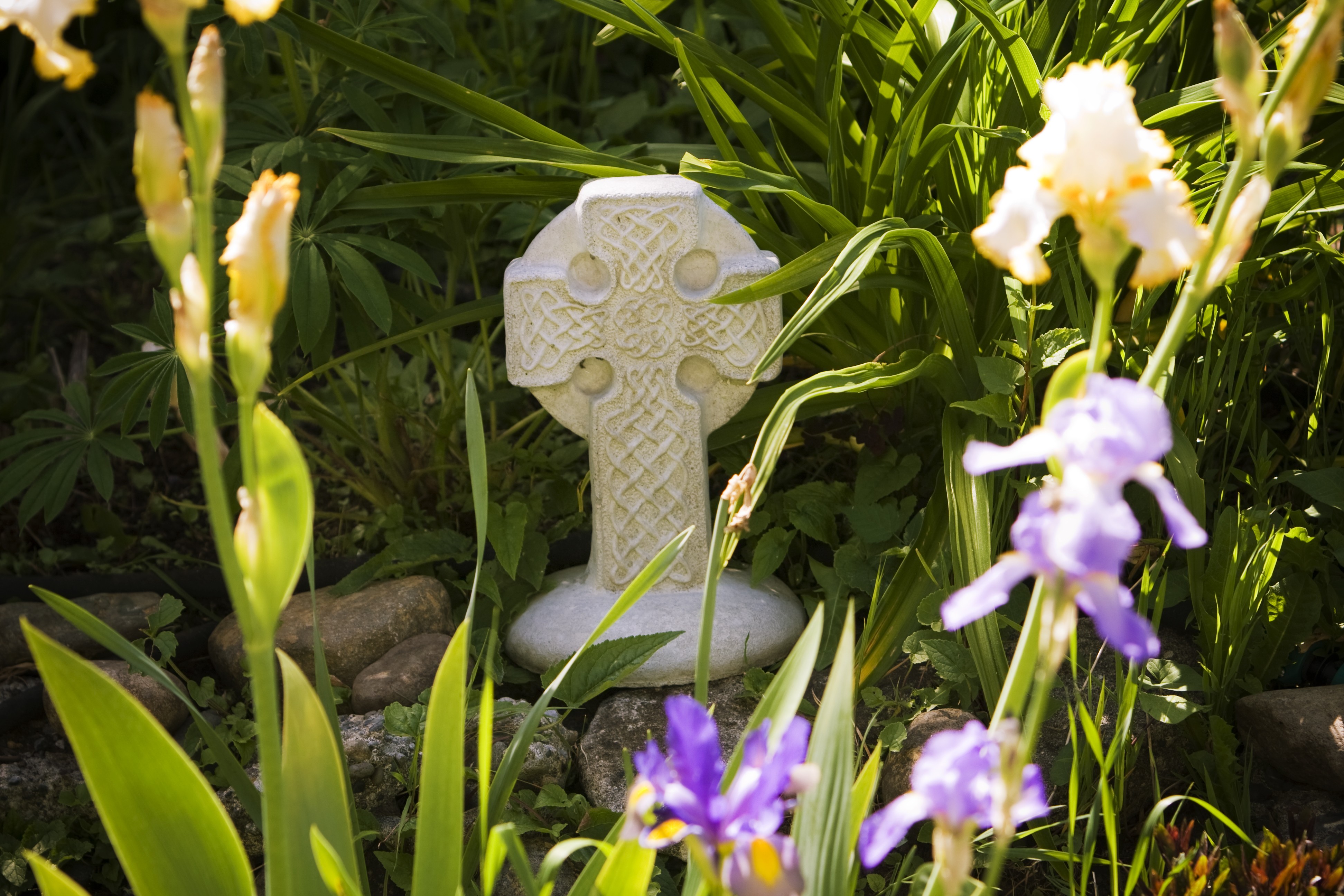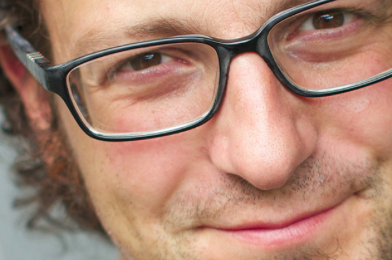I have an Easter treat for you, and of course it’s a gift that will give all year long–no matter when you stumble onto this episode!
My guest is Christine Sine, M.D. an author, blogger, teacher, gardener, spiritual contemplative and the Executive Director of Mustard Seed Associates.
She has much to tell us about Christian spiritually lived in a healthy, whole, and fully-embodied way.
The Show Notes are SO full of links to books and resources. Scroll down for all of those.
• Please share this episode liberally. It truly is lovely to glean from Christine, especially as we begin Spring; and my wish is that as many as possible are exposed to her and her work. Thank you!
Podcast: Play in new window | Download (Duration: 39:14 — 53.9MB) | Embed
Subscribe to Spark My Muse Apple Podcasts | Spotify | Email | TuneIn | RSS | Subscribe to Spark My Muse
If you enjoy or benefit at all from what you hear, please remember that just a few dollars from you helps my efforts so very much so I can continue.
Leave a ONE-TIME gift HERE. Thank you.
SHOW NOTES
Be sure to visit the Godspace – Mustard Seed Associates website frequently, like I do, for many treasures on your journey.
MIN 1
Christine’s experience as a medical doctor and director on Mercy Ships and her development on the ideas of health and wholeness.
MIN 4:30
Wholeness and the connection she found to Celtic Christian Spirituality.
MIN 7
Celtic Christianity as a brand of faith was identified with the poor and family and not connected with wealth and power associated with the Holy Roman Empire and European monarchs.
MIN 11
Creation in translucent. God is shown through it.
MIN 14
God speaks through two books: The Bible and The Book of Creation.
MIN 17
The many expressions of faith that shaped Christine.
MIN 20
Tapping into the tools, history, and learning resources (often through technology) to enliven and enrich our faith.
MIN 21
Listening for the voice and presence of God and joining God in what is already happening. This avoids burnout. The Jewish view of the day starts with rest and sleep and God at work.
MIN 24:30
On her Godspace-msa.com website and the resource center with guest writers.
MIN 27
Easter and the Resurrection
MIN 29
Seasonal resources and family resources
MIN 30
Books recently influential to Christine:
To the Table: A Spirituality of Food, Farming and Community by Lisa Graham McMinn
A Spirituality of Listening by Keith Anderson
Barbra Brown Taylor “An Altar in the World”
“Learning to Walk in the Dark”
Henri Nouwen
Christine Valters Painter
Lectio Divina
Eyes of the Heart: Photography as a Christian Completive Practice
MIN 35
Contemplative Christian spirituality
her poem
This is a link to Christine’s other books
Find Christine on these outlets:
- Youtube
Thank you so much for your interest and for listening today.
Spark My Muse has new episodes TWICE per week.
I ask of you 3 things:
1. Please subscribe (see below),
2. Leave a kind review on iTunes,
3. And come back again soon.I frequently host LIVE, online discussions and you are invited. You can catch many of the REPLAYS here too. Poke around and see what you find here at the website!










